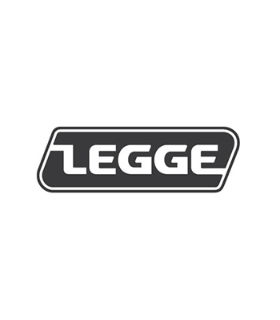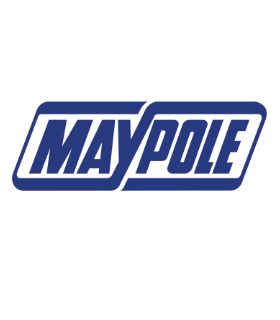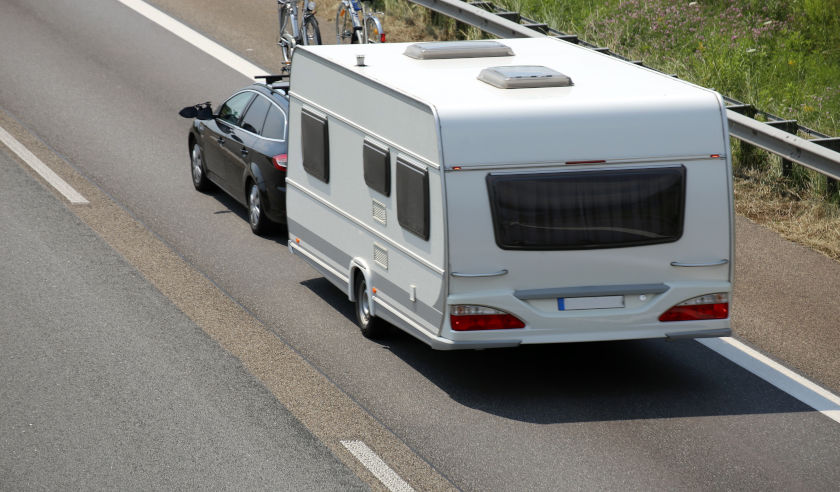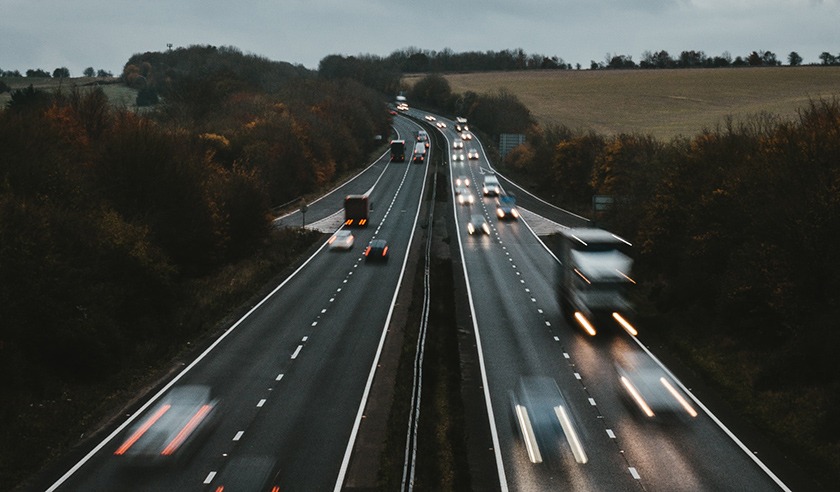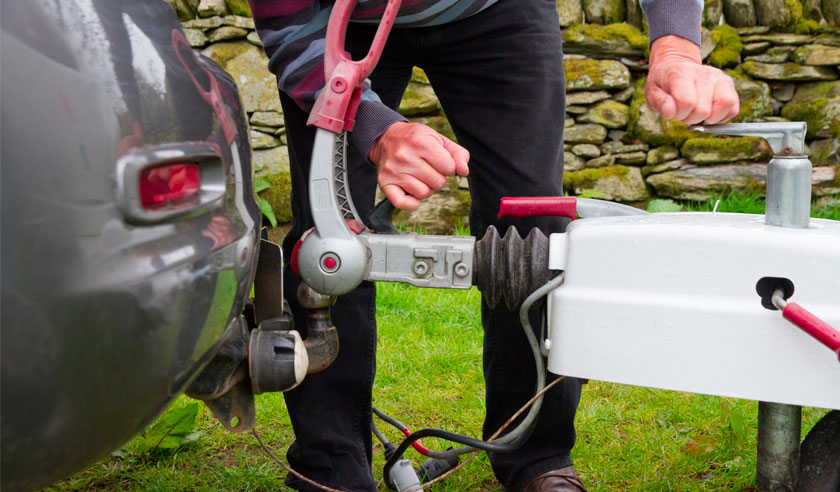When buying a car to tow your touring caravan, you will need to consider different factors to when buying a car for the daily commute. From whether it has enough power to pull a heavy caravan, to whether it will be heavy enough to feel stable and safe, a towing car has many hoops to jump through.
Stability of a towing vehicle
Snaking, the lateral instability which results when the axles of the towing car and the caravan come out of line, can be affected by the weight of your vehicles. Using a stabiliser may help once snaking sets in, but it is better to prevent it from happening in the first place, and having a towing vehicle which is stable will help to achieve this.
A car’s stability is influenced by many factors, the most important being the car’s weight in ratio to the caravan being towed. The Camping and Caravanning Club recommends the 85% rule where a touring caravan should weigh no more than 85% of the towing vehicle’s kerbweight. Although this is not a legal requirement, it is generally accepted as a rule of thumb. For more information about kerbweights and towing capacity, see our blog ‘How to work out caravan towing weight’.
Based on the 85% rule, it follows that the heavier a towing vehicle, the better, but other factors should also be considered. These include the distance between the front and rear axles, how controlled the ride is and whether the towing vehicle has self-levelling suspension; this keeps the car level when heavily loaded. Before purchasing a towing car, check it can legally tow your caravan. You can find the legal limits on the vehicle’s VIN plate or in the handbook.
Engine torque
The engine and gearbox of any towing vehicle will be put under extra strain when pulling a caravan so a car with a bigger engine than you might usually pick may be better. The engine’s pulling power is called its torque and, when towing, is more important than peak power. For the best towing car, What Car recommends an engine with more torque, particularly spread across the lower to mid-rev range (1500 – 2500 rpm), such as a turbodiesel model. In addition to good engine torque, a diesel vehicle tends to be heavier than its petrol counterpart which will help with ratios.
Are four-wheel drive vehicles better for towing?
There is no doubt that four-wheel drive vehicles are a popular choice as a towing vehicle but they are not essential. While front- and rear-wheel drive vehicles are perfectly adequate to pull a caravan, a four-wheel drive will find it easier to apply its power to the road, even in dry weather. Added to this, the extra weight of these vehicles, which adds to their stability, makes them a good choice, especially if you will be towing all year round in a variety of weather conditions.
What is the best towing car on the market?
In 2007, experts from the Camping and Caravanning Club, Which Car? And Practical Caravan started The Tow Car Awards to find cars based on the effectiveness of their towing capability. Cars undergo rigorous tests which replicate real-world towing situations, including emergency manoeuvres, slalom, acceleration and braking. Additionally, the panel examines fuel economy, safety ratings and practicality. Vehicles that have been included in The Tow Car Awards recently include the Land Rover Discovery, the Ford Focus Estate, the Volvo XC60 and the Peugeot 3008. All the cars recommended can be seen on The Tow Car Awards website.
Whatever towing vehicle you finally decide on, check that your driving licence allows you to tow and read our blogs on speed limits when towing, fitting a stabiliser and choosing the safest rear-view mirror, to help you tow as safely as possible.
Happy touring!


